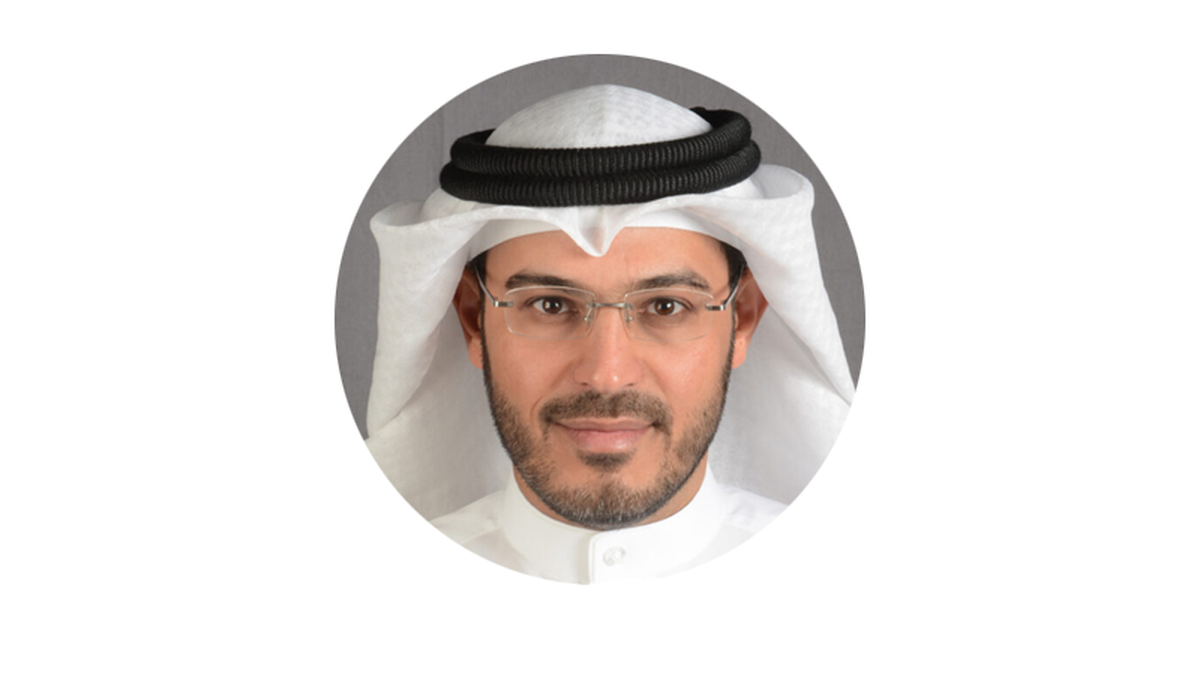26/11/2025
26/11/2025
Protection of intellectual property constitutes a fundamental pillar of the legislative system in Kuwait. The State recognizes the importance of safeguarding the intellectual rights of authors, innovators, inventors, and creators in all fields. Such protection grants these individuals exclusive rights over their intellectual, artistic, or industrial output, enabling them to derive both economic and moral benefits from their work.
Kuwait has established a comprehensive legal framework to protect intellectual property. Among its most prominent components is Law No. 75 of 2019 on Copyright and Related Rights, which protects literary, artistic, and scientific works, including books, software, music, films, photography, and similar works. It encompasses both economic rights and commercial exploitation of intellectual output.
Also central to this framework is Law No. 71 of 2013 concerning the Application of the Patent Law of the Cooperation Council for the Arab States of the Gulf, which grants inventors protection for twenty years, provided they meet the requirements of novelty, inventiveness, and industrial applicability.
Furthermore, Law No. 13 of 2015 approving the GCC Unified Trademarks Law regulates the registration and protection of trademarks and protects them from imitation or unauthorized use by any person other than the trademark owner. Kuwait has also entered into several international conventions, adding an international dimension to its national laws and ensuring alignment with global standards for intellectual property and patent protection.
Companies of various types and trademark owners are among the main beneficiaries of this legal framework in Kuwait, whether in relation to protecting industrial and technological inventions or preserving commercial identity. When foreign companies consider investing in a given country, they first seek a legal system that ensures the protection of their trademarks, innovative technologies, and industrial secrets. Kuwait’s comprehensive legal regime reassures investors that their rights are protected by law, thereby encouraging increased investment in sectors such as technology, manufacturing, media, and other creative industries.
Conversely, weak legal protection of intellectual property in any country leads to adverse consequences, including reduced investment, widespread commercial piracy, diminished innovation, and the absence of fair competition. Accordingly, the continuous development of legislation and legal oversight is necessary to strengthen the domestic legislative framework and keep pace with rapid global developments in intellectual property protection and creativity.
In addition to the importance of safeguarding the rights of creators and owners of works in their respective fields, society as a whole also has rights that must not be overlooked. The law must strike a fair balance between intellectual property rights and the public interest — a significant legal challenge not only in Kuwait but also in the global legal system striving to protect intellectual property rights.
Finally, the role of public awareness cannot be ignored. The protection of intellectual property is not achieved solely through legislation; it also requires societal awareness of its importance. Authors, programmers, artists, and trademark owners must know their rights and how to protect them. Likewise, the public must understand that respecting the rights and efforts of others is a legal obligation that supports creative activity and contributes to economic development in their country.
By Attorney Abdulrahman Alhouti



